- South African President Cyril Ramaphosa criticised for allowing the country's electricity deficit to reach crisis point
- At present, in the face of the energy crisis, South Africa has begun to develop clean energy to ease energy pressure
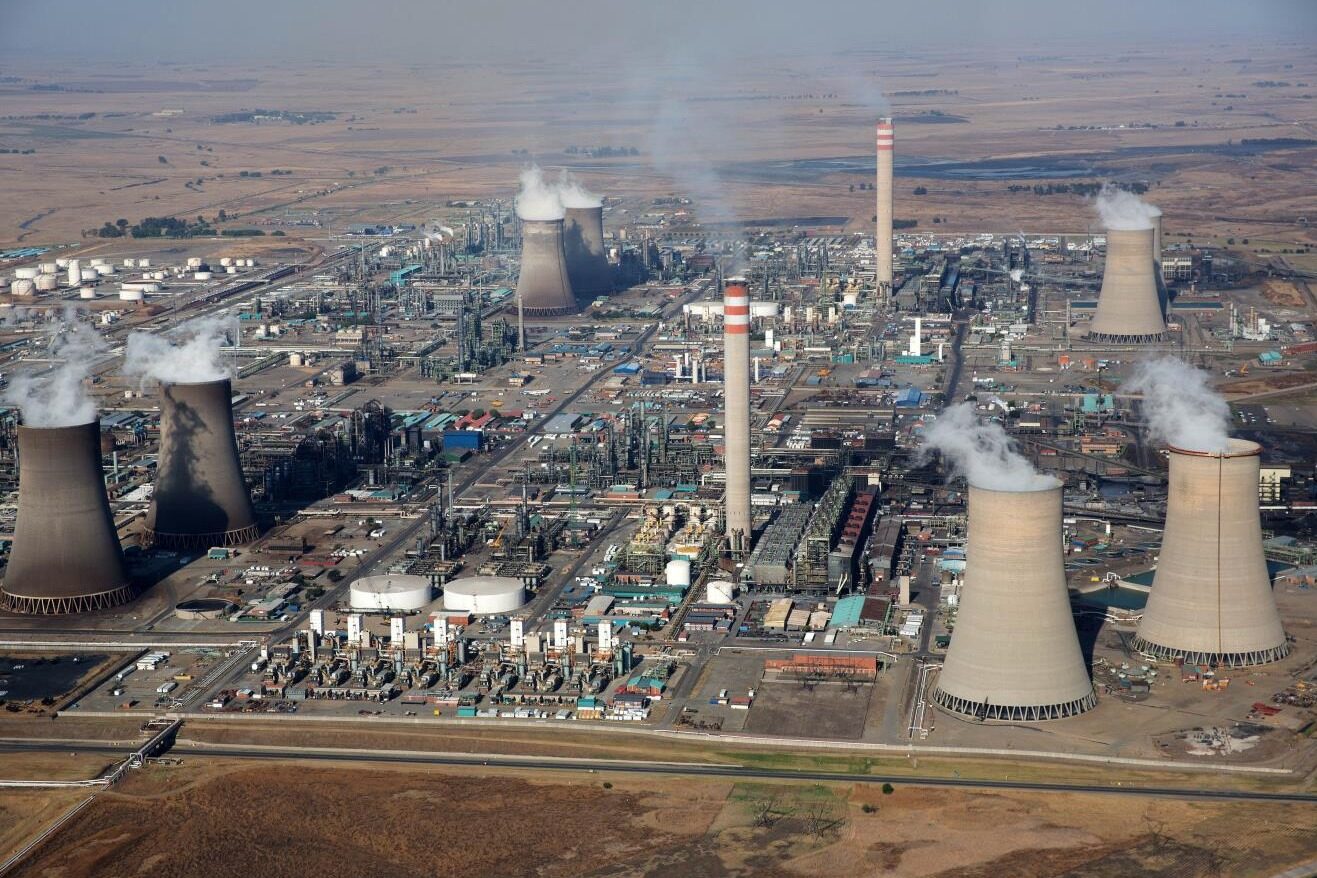
Weeks of increasingly frequent blackouts in South Africa have led the government and power industry to change the way the country's energy works. South Africa has been in a state of blackout for years as the increase in electricity generation has lagged behind the growth in demand. These have intensified to new record levels over the past few months. Politicians and business leaders have addressed the power crisis and taken steps to break up the monopoly of state-owned utility Eskom.
Changes made by the South African government
In July, South African President Cyril Ramaphosa announced changes to regulations to encourage the development and growth of power plants. The new rules will allow power plants of any size to be built without a permit. Previously, projects generating more than 100MW of electricity required a permit, while projects generating 100MW or less were only allowed to connect to the grid from 2021.
Ramaphosa also announced it was doubling the capacity sought in the country's next supply tender and seeking tenders for new battery storage and gas plants. Several of the proposed reforms directly concern South Africa's state-owned utility Eskom. The company has a near-monopoly on electricity in South Africa, with more than 90% of electricity generation. It also sustained losses and lost millions of dollars to alleged government robbery and corruption. The company currently has about $24 billion in debt.
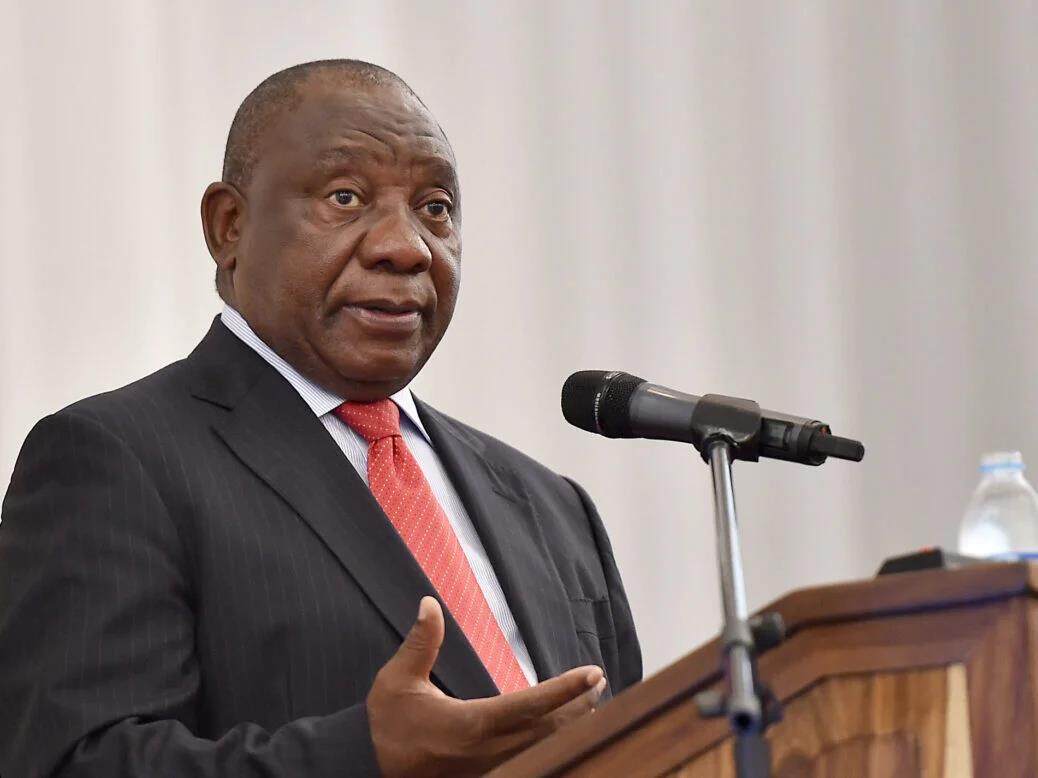
As such, Eskom attributes the recent maintenance cuts to a lack of funding. This, in turn, led to increased downtime at several power plants, exacerbating the power shortage. In a presentation on July 26, Ramaphosa attributed some of the downtime to delays and defects in the construction of the new power plant. Those challenges are being addressed, and as a result, Eskom has delayed necessary maintenance to keep the lights on, which is causing the current breakdown, he said. The performance of some of Eskom's power stations has deteriorated further due to widespread theft, fraud and vandalism.
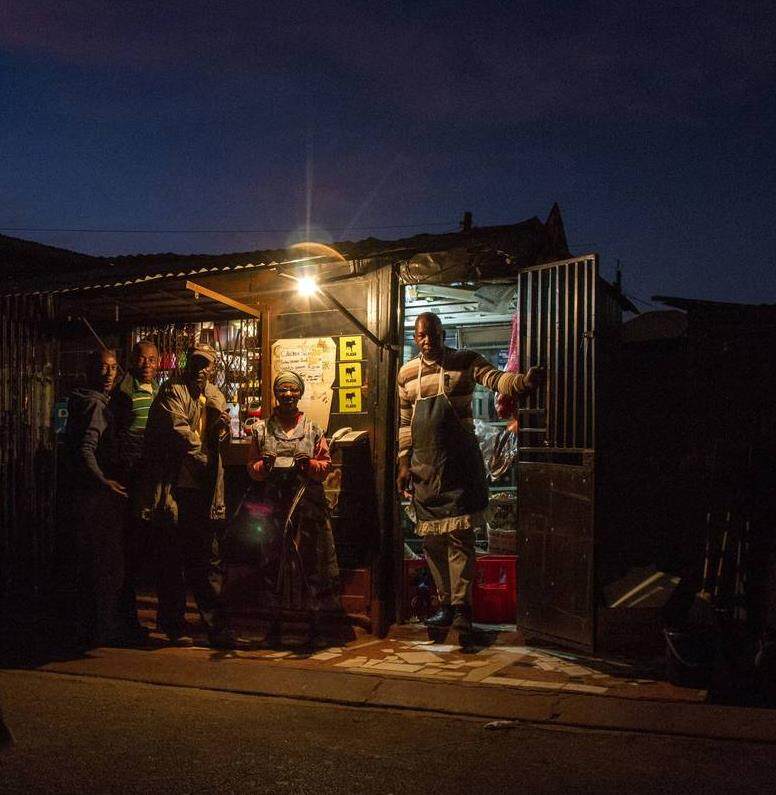
After years of state capture and mismanagement, a competent and effective management team is working to turn the utility around and reverse years of decline. The reforms include increasing Eskom's maintenance budget, as well as increasing the recruitment of skilled workers. This recruitment drive also hopes to improve security around energy infrastructure and minimise the significant impact of crime on the industry.
Break Eskom's Monopoly
Power plants that generate about 20 percent of the country's electricity will reach the end of their useful life in the next few years, exacerbating supply problems. Going forward, Eskom will be allowed to buy capacity from private suppliers to cover the shortage. This will include importing electricity into South Africa from neighbouring countries.
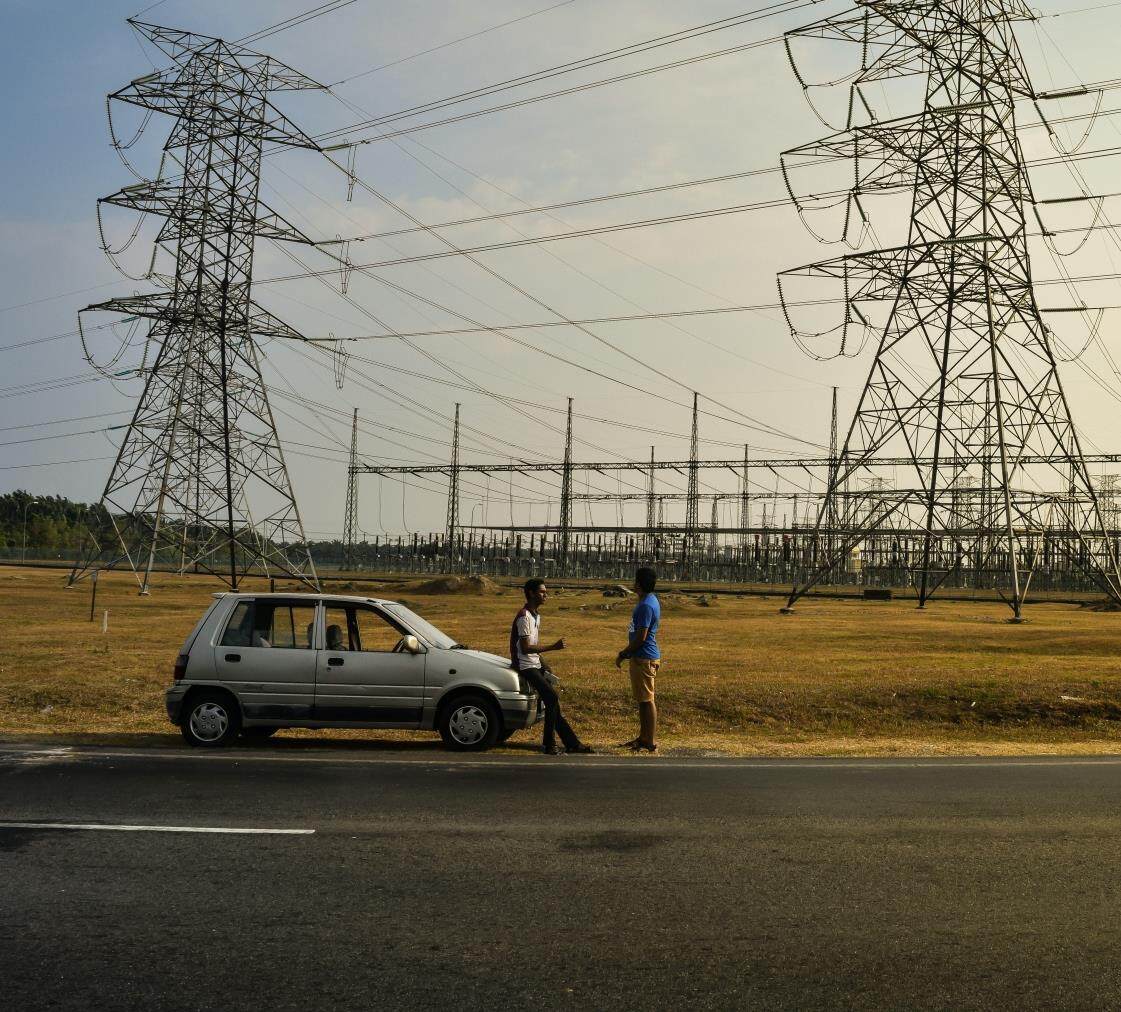
Eskom will also develop new renewable energy projects in Mpumalanga, while the Western Cape premier has said he will seek to move forward with projects there as well. In addition to this, climate finance agreed at COP26 will be used to convert coal-fired power plants to biomass burning. On July 31, Eskom leaders met the CEOs of more than 70 private companies at a meeting organised by the Johannesburg Stock Exchange. Andrede Ruyter, CEO of Eskom Group, said the aim of the discussions was to identify initiatives that the parties could collaborate on and leverage the investment capabilities of the private sector. Keywords: engineering news, overseas news
Druidt shared Eskom's strategy to address security of electricity supply by increasing capacity and reducing demand, a company statement said. Eskom encourages companies to invest in the electricity market after the reform, aiming to highlight where private companies can "make a real and impactful contribution to the electricity crisis". These include supporting anti-sabotage and anti-theft measures, as well as investing in new electricity producers.Editor/XingWentao
Comment
 Praise
Praise
 Collect
Collect
 Comment
Comment
 Search
Search


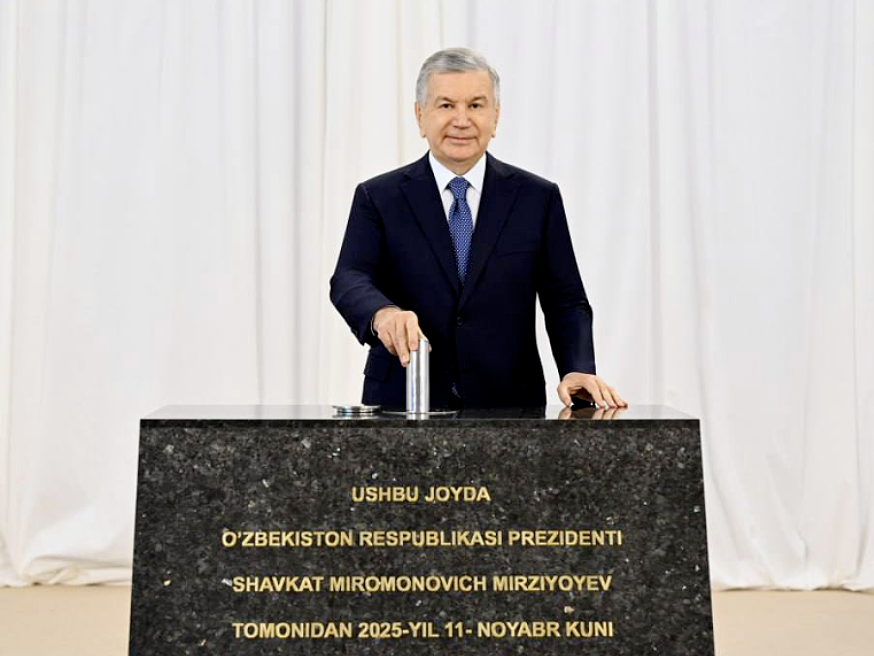


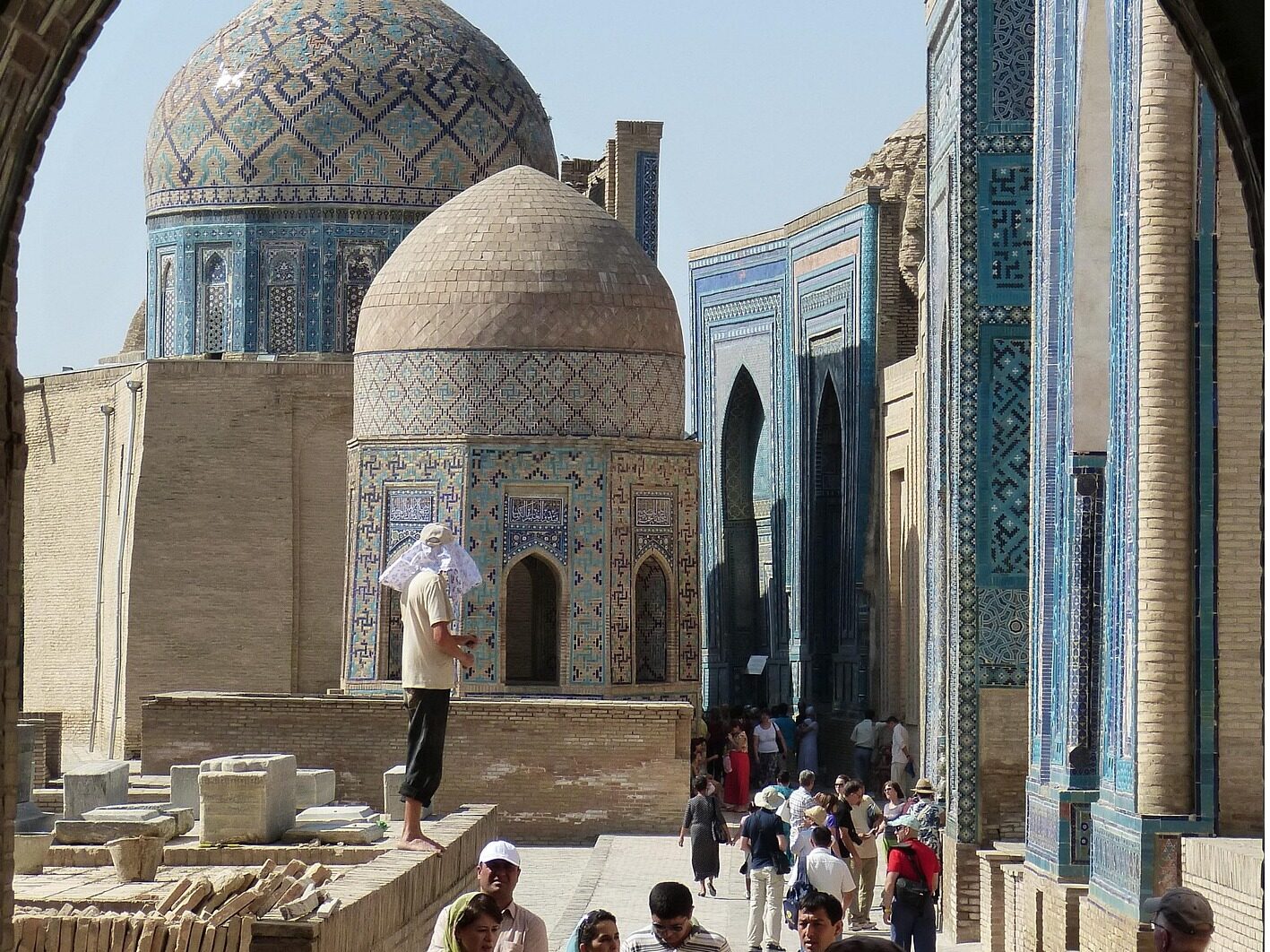








Write something~